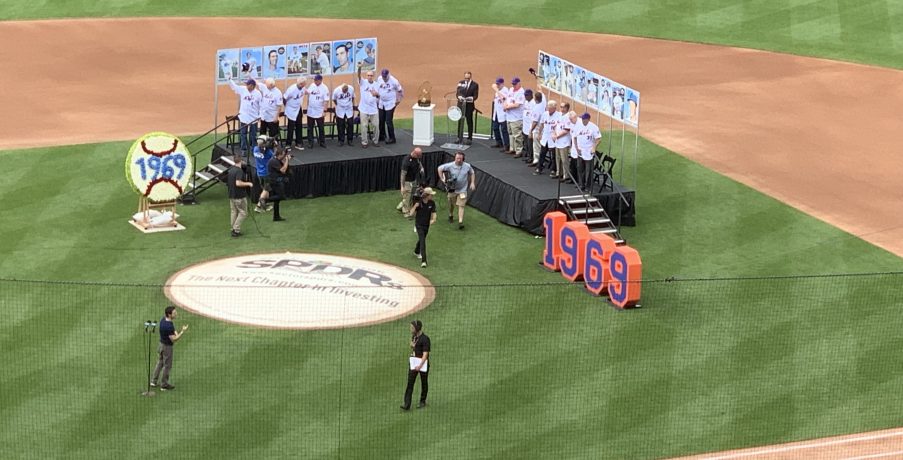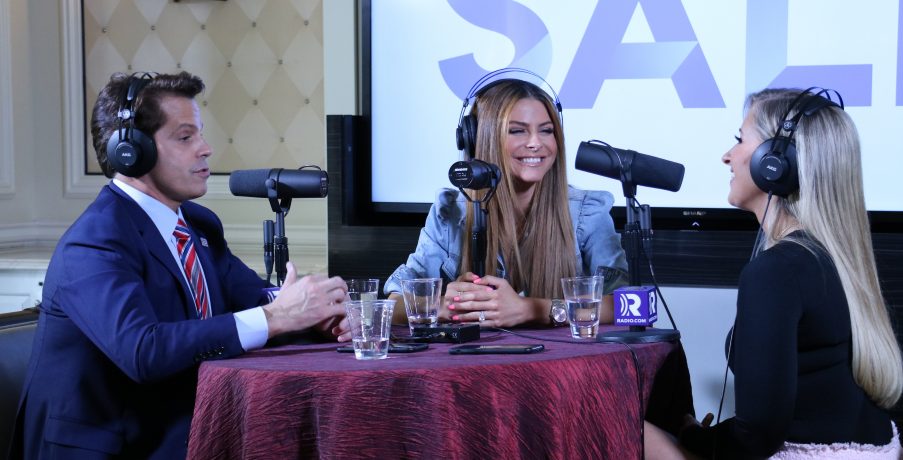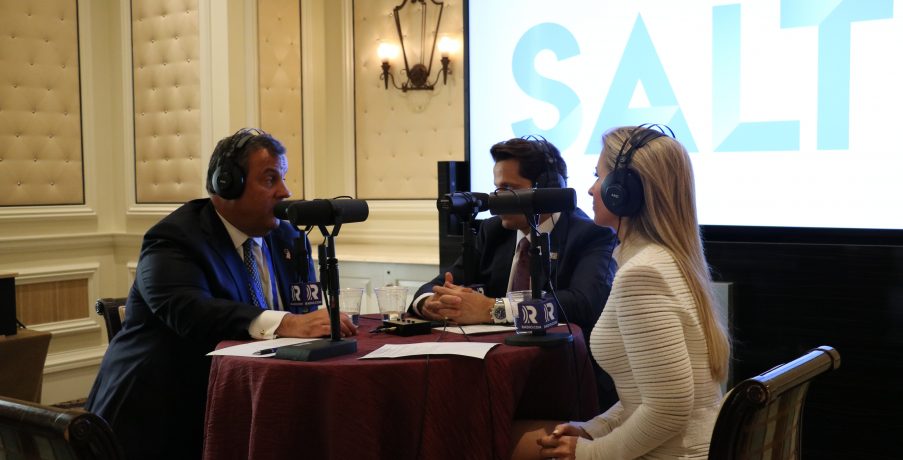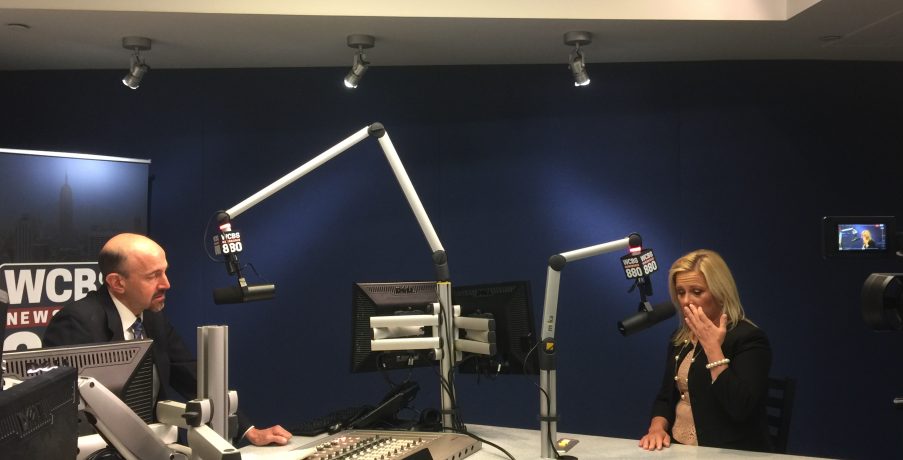
Neil A. Carousso produces NewsNation original “Kurt’s Country” – a celebration of country music and a slice of Americana with host Kurt Bardella.
-
1969 Miracle Mets Get Key To City, World Series Parade At 50th Anniversary Celebration
NEW YORK (WCBS 880) — The Mets are turning back the clock this weekend as they celebrate the 50th anniversary of 1969 World Series championship team.
Members of the “Miracle Mets” cruised along the newly named Seaver Way in vintage Ford convertibles as the team reenacted the 1969 World Series parade.
PHOTO GALLERY: 1969 Miracle Mets Celebration At Citi Field
Jerry Koosman, Bud Harrelson, Jerry Grote, Cleon Jones, Art Shamsky, Ed Kranepool and other members of the championship team were then given keys to the city from Mayor Bill de Blasio, who called them a “lovable group of guys” and “ultimate underdogs.
“New York City felt a lot in 1969 and New York City has never stopped loving you guys,” the mayor said.
.@NYCMayor gave members of the 1969 #Mets the highest honor — keys to the City. #1969Weekend 🗝️ pic.twitter.com/1k9VvjYKVu
— New York Mets (@Mets) June 29, 2019
“This is all good. We’ve had a pretty wild weekend,” Miracle Mets outfielder Ron Swoboda said. “To be with these guys that we don’t see much of is perfect. It’s pretty cool to come back here. This is an upbeat thing for me, we’re not going to be here for 100.”
1969 Miracle Mets: Top World Series Moments | QUIZ: Test Your ’69 Mets Knowledge
“It’s one of the most iconic teams in the history of baseball and I think we all appreciate how special that was,” Shamsky said. “It’s just a great day and a great time for all of us.”
“The last time we got together it was 10 years ago, I wish we could do it at least every five years that would be really nice,” said 1969 Mets third baseman Wayne Garrett. But while many years have passed he says they just pick up where they left off the last time.
“It’s tremendous, we haven’t been together in 10 years when we had the 40th anniversary, it’s always good to see them,” said Kranepool, who attended the celebration after recovering from his recent kidney transplant.
The team reunited on the field where they were honored with a special ceremony, emceed by Mets radio broadcaster Howie Rose.
The Mets also paid tribute to the 1969 members who are no longer with us, and those who could not attend due to health issues.
Most notably absent was “The Franchise” Tom Seaver, who is suffering from dementia and has retired from public life.
“He was the team. Everything focused around Tom, he was ‘The Franchise’ and we all knew that and when Tom was pitching good, we played good for some reason. When he threw and when he was on, and it seemed to be just about everytime he took the mound, he gave that inspiration to all of us and the confidence. He instilled that in all of us, and it’s too bad he’s not here,” Garrett said.
“I’m disappointed that Seaver’s not in good health, that’s one of the biggest reasons I’m here,” former third baseman Bobby Pfeil said. “In essence, I’m here to honor him.”
Earlier this week, the Mets honored the star of the 1969 World Series championship team, Tom Seaver, by changing the Citi Field address to 41 Seaver Way. The team also announced they have commissioned an eight-foot statue of Seaver to be built in front of the ballpark in the near future.
Don't mess with a man and his truck! Former @Mets catcher Jerry Grote tells @WCBS880 how he got on Nancy Seaver's bad side when Tom Terrific finally got a pick-up truck. #1969Weekend #41Forever #LGM https://t.co/gwe9EtgotR pic.twitter.com/chAfItyTxb
— WCBS 880 (@wcbs880) June 29, 2019
Nicknamed “Tom Teriffic,” Seaver, widely considered the best Mets player in history, won three Cy Young awards while with the team and was voted into the Hall of Fame on his first ballot.
On Sunday, the 1969 celebration continues with Shamsky signing copies of his book After the Miracle: The Lasting Brotherhood of the ’69 Mets in the Jackie Robinson Rotunda prior to the start of the game and the first 15,000 fans who enter the ballpark gates will receive a 1969 Replica Ring.
Neil A. Carousso produced all videos and social content for WCBS Newsradio 880, the Flagship Station of the New York Mets.











